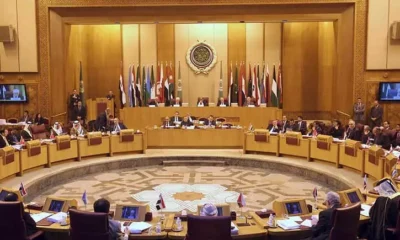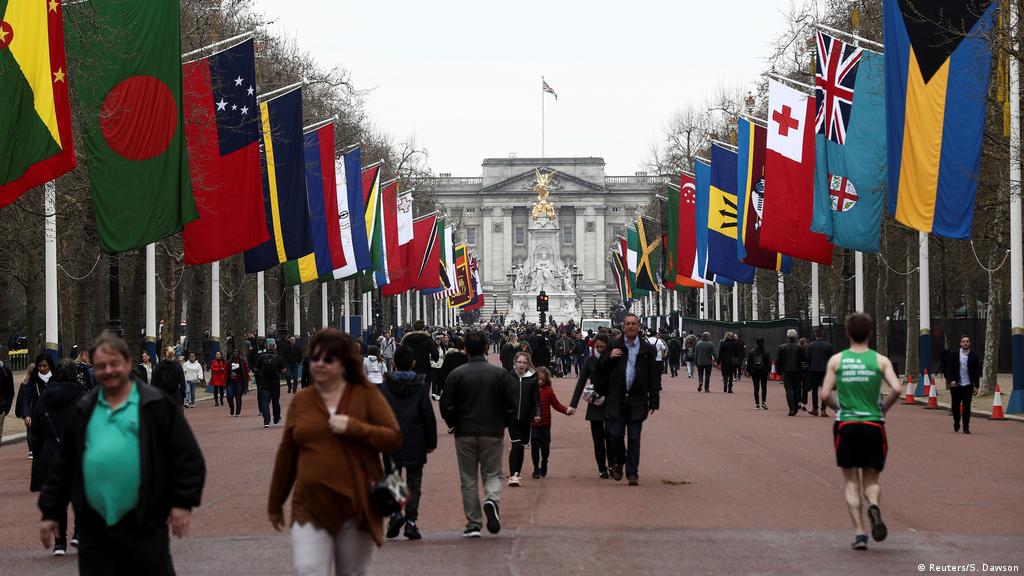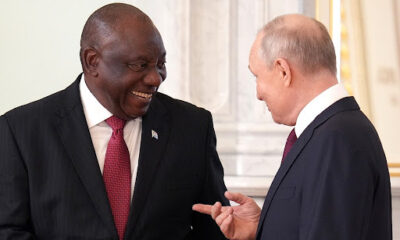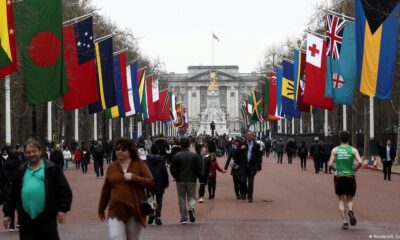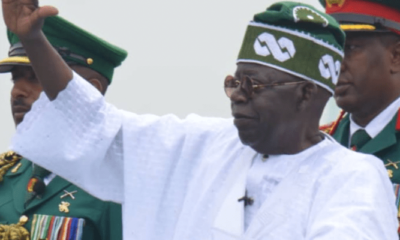Britain will not discuss reparations for historical transatlantic slavery at a Commonwealth conference that began in Samoa, but is open to leaders who do.
Leaders and officials from 56 former British colonies will attend the Commonwealth Heads of Government Meeting (CHOGM) in the Pacific Island nation this week.
British governments have consistently opposed reparations, but CARICOM reparations panel chairperson Hilary Beckles expressed optimism for a shift under the new Labour administration after 14 years of Conservative control
King Charles and British Prime Minister Keir Starmer will both be present at the Samoa conference. However, Starmer’s representative reaffirmed Monday that he had no plans to make amends.
“We do not pay reparations,” the spokesperson said. “The position on an apology remains the same. We won’t be offering an apology at CHOGM.”
Starmer’s spokeswoman stated that they would “continue to engage with partners on these issues” even though reparations are not on his “formal” Commonwealth agenda.
According to a source with knowledge of the situation at Caricom, which brings together 15 member states like Barbados and Jamaica, CHOGM offered a significant chance for reparations discussions and the region will bring up the subject there, Reuters reported.
Keith Rowley, the prime minister of Trinidad and Tobago, stated in July that CARICOM has decided to “very forcefully” discuss reparations in Samoa. Reparations are supported by each of the three contenders for the Commonwealth’s next secretary-general position.
CARICOM has a plan for restitution that goes beyond making large financial contributions. It calls for formal apologies from European nations and calls for funding for educational initiatives, among other things.
Although it has been around for a while, the concept of reparations for slavery has been gaining traction globally. Proponents contend that the legacy of slavery has led to significant and enduring racial inequality in the modern day, while opponents argue that nations shouldn’t be held accountable for past wrongs.
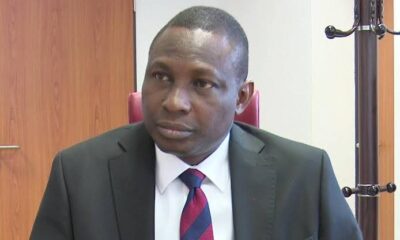
 Metro1 day ago
Metro1 day ago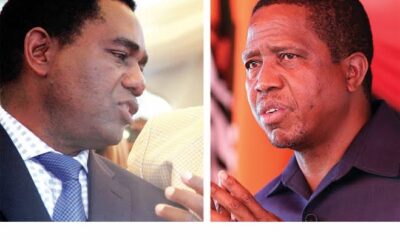
 Metro23 hours ago
Metro23 hours ago
 Tech23 hours ago
Tech23 hours ago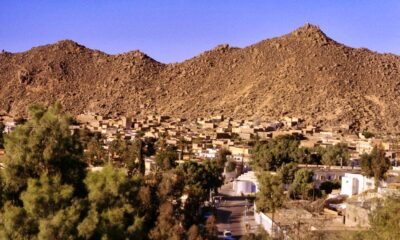
 Culture23 hours ago
Culture23 hours ago

